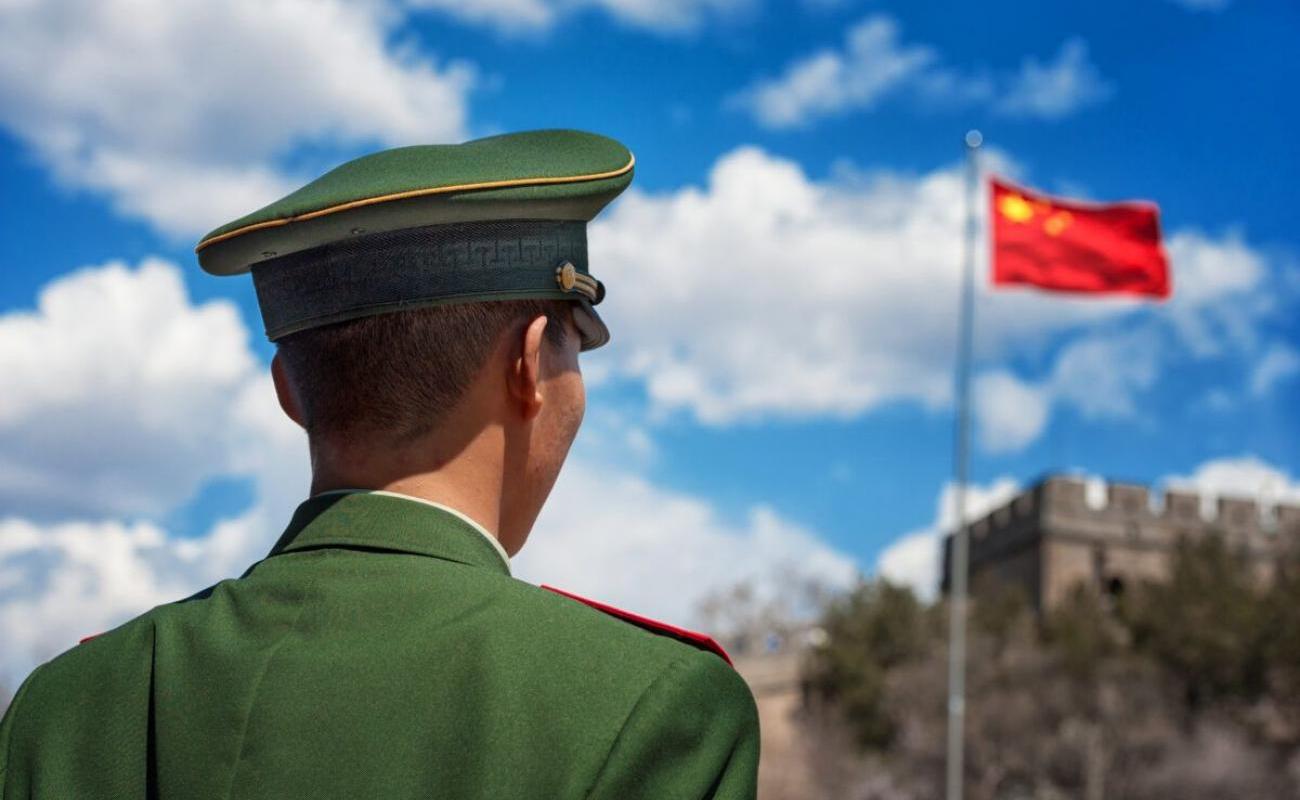“Secret Police Structure in Serbia”
Serbia is one of the 30 or so countries where China’s cross-border police service stations operate, writes the Safeguard Defenders organization in its new report. These stations locate Chinese nationals who then persuade, and in some cases force, them to return to China. They do all this without the knowledge of the local authorities and in violation of the rules on international legal assistance and cooperation.

At least 54 Chinese cross-border police stations operate on five continents, in 30 countries, according to the open sources of the human rights organization Safeguards defenderes. They are actually engaged in illegal activities under the jurisdiction of the police and in the territories of foreign countries. There is one in Belgrade, Jing-Ji Chen, a researcher of the organization, told N1.
“No foreign police may actually work on the territory of another state, because that would be a violation of that state’s sovereignty.” But the Chinese government claims that the people who work in the service centers are volunteers, ie. they do not have an official police rank and are not officially part of these police departments but service stations. However, two regional Chinese police departments are the founders of these cross-border stations. They choose people from among the Chinese diaspora and in some cases make contracts with them. So they are in the service of the Chinese police. They work without the approval of the authorities of the host country and often, and this is the case in Serbia, they do not inform the local authorities about their existence,” says Jing-Ji Chen from the Safeguard Defenders organization.
That is, they are not Chinese policemen from joint patrols who patrol on the basis of the Memorandum of Cooperation signed in 2019. That agreement does not actually allow Chinese policemen to have police powers in Serbia. The people who work for the service center to locate and track their compatriots who live here can be anyone. Once they identify a person wanted by the authorities in China, Chinese state authorities step in to force the person to return to China, to stand trial.
“Three methods are used: persuasion – this is when they contact the person they are interested in and say ‘we already know where you are, you will have a lot of problems, you better go back to China to be tried’.” Another way is to harass family members who are still in China. The third is to send agents abroad and kidnap that person and bring them back to China,” Jing-Ji Chen said.
Chen says that China does not use the existing mechanisms of legal and police cooperation with Serbia and other countries, because that process takes a long time and potentially raises questions in local courts about the state of human rights in China, and this method lets Chinese citizens know that nowhere is safe.
“The Chinese state has the ambition to ensure its police presence wherever Chinese capital or Chinese citizens are present and of course, if necessary to do so through informal, secret channels.” And this is just an indication that, as China’s global presence grows, the reach of its security institutions will also grow,” assesses Vuk Vuksanović from the Belgrade Center for Security Policy.
